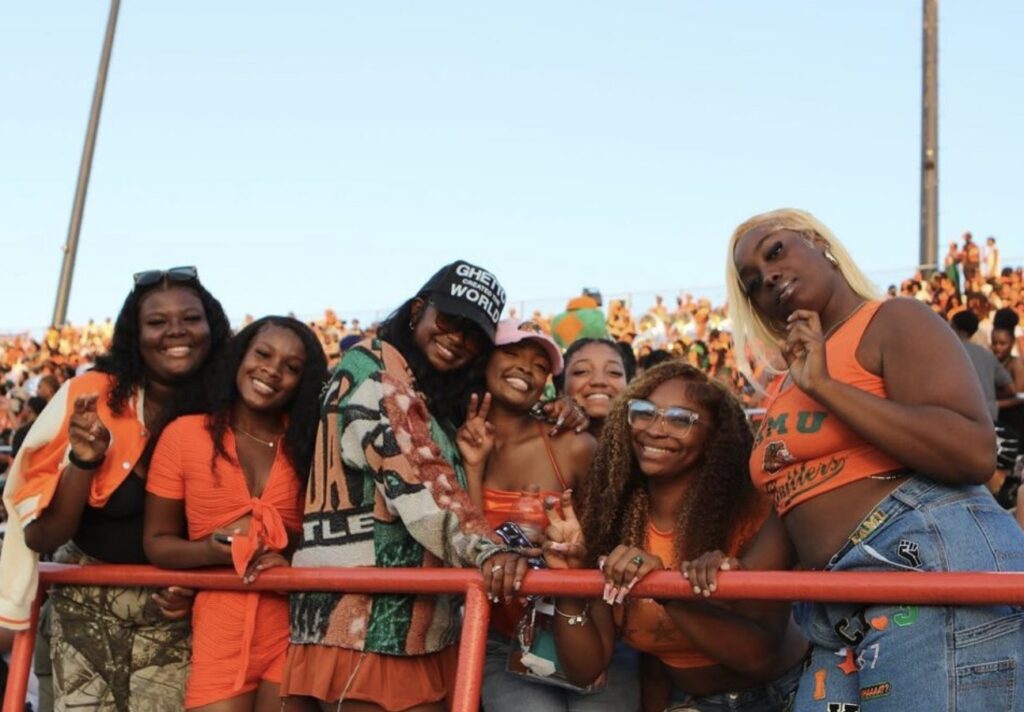
Every year, Rattlers find their way to the highest of seven hills and arrive at the College of Love and Charity. There are over 300 registered student organizations at Florida A&M University and countless opportunities to be involved. However, in the past year, it seems that freshmen classes have been less willing to volunteer, join organizations and attend events. Herein lies the question: do younger students lack the motivation to get involved on campus, and if so, why?
Jamanni Gervais is a first-year psychology student who was previously involved with the housing step show and currently works in the Office of Student Activities. Gervais doesn’t think it’s fair to say that the freshman class isn’t involved and believes it may take courage to do so.
“The people that I see, and my friends, are very involved,” Gervais said. “I just think they may be intimidated.”
Entering a new space can come with imposter syndrome as well as the struggles of adapting. We are currently living in a post-COVID digital world, and Gervais believes the easiest way for younger classes to show school spirit is by using the internet.
“Students interact mostly on social media,” Gervais said. “people do fundraising and things like that.”
Treyvious Copeland, is a pre-pharmacy major, freshman senator, and FAMU TRIO employee. He agrees that the pandemic took a toll on the younger classes and impacted their amount of campus involvement. He also argues that the overall culture at FAMU is to blame.
“Covid-19 has killed the drive and enjoyment of some students,” Copeland said.
“Elitism can sometimes be seen or experienced on this campus,” Copeland said. “We have been at an all-time low when it comes to social interaction with each other.”
Jayden Flemming is a third-year scholar and is a member of many organizations on campus including the Alpha Xi Chapter of Kappa Alpha Psi Fraternity, Incorporated, and the Student Government Association. He explains that the issue starts from the leadership and trickles down.
“We need to do a better job as students curating different events,” Flemming said. “If people aren’t active, it’s because we didn’t do our job as student leaders.”
He hopes that during the spring semester both the older and younger classes can work together to change the culture on campus. As younger students become more accustomed to life on the hill, their campus involvement will increase. If not, he believes our college may see less love and charity as time evolves.